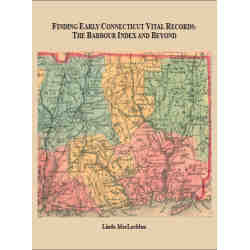Description
In the tradition of his earlier books on Dutch, Huguenot, and Polish connections to Scotland, Dr. David Dobson has now collected several thousand references that establish specific immigration connections between Scotland and the future country of Germany for the period 1550 to 1850.
Scottish links with Germany can be traced back to the medieval period. For example, on 11 October 1297, Andrew Moray and William Wallace, as guardians of the Community of Scotland and leaders of the Army of the Kingdom of Scotland, wrote to the mayors and citizens of Lubeck and Hamburg thanking them for their assistance in resisting English domination and offering them safe access to Scottish ports. However, trade between them was relatively small-scale, the majority of Scots commerce being with Scandinavia, the Baltic countries, and the Netherlands. Consequently, the settlement of Scots merchants and their factors was minimal and limited to ports such as Hamburg, Bremen, and Lubeck. The majority of Scots who were found in the various German principalities during the early modern period arrived as soldiers of fortune, especially during the Thirty Years War. Students also were attracted by the educational opportunities available in Germany and Wurzburg; Ratisbon in particular attracted the sons of Catholic families. Immigration traffic also flowed in the other direction, as attested to by a number of entries found in Dr. Dobson’s latest book.
While the contents of these transcriptions vary considerably, each one of the roughly 1,200 entries nonetheless identifies a Scottish-German by name, date, city of residence, and the source of information. In many cases, we learn something about an individual’s parentage, spouse, vocation, or more. Consider the following examples:
Barclay, James, born 1617, son of Reverend James Barclay and his wife Bessie Duncan in Drumbled, Aberdeenshire, settled in Memel, Prussia, by 1635, a birth brief was issued by the magistrates of Aberdeen in 1661.
Bayne, Peter, editor of “The Witness,” married Clotilda Gerwein, eldest daughter of the late Major General Gerwein commander of a brigade in Prussian service, in Munster, by the Reverend Shikedauz, a minister of the Evangelical Church of Prussia, on 26 April 1858.






Reviews
There are no reviews yet.